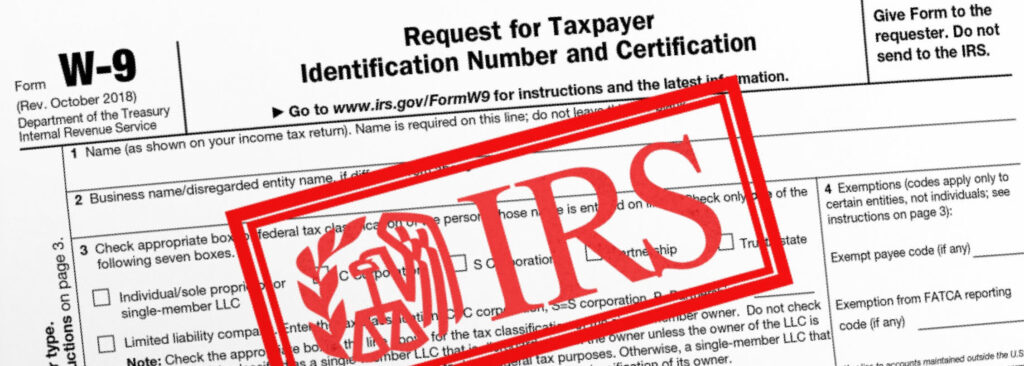Buying a Bay area or San Francisco Home is a particularly difficult process. If the prices and limited housing stock were not bad enough, California must be one of the most regulated markets requiring layers of fees and disclosures beyond a California’s CPA perspective. Here are the ramblings.
Not tax advice – just generic educational perspective. Read this far? Get in touch:
- When a home is bought or sold there are major city taxes, fees, and commissions on both sides of the deal. Buying or selling is expensive, which translates into a host of other issues. Absent an ever-appreciating real estate market, this means that one may be prepared to stay in this home for the very long-term.
- Be prepared to be examined by banks in ways that you never thought were relevant, especially if you are self-employed. Keeping a concise amount of accounts and limiting transaction volume is your friend. The bank will want credit scores, statements, tax return transcripts, pay-stubs, and more. Creating a system where you can aggregate these needs on a consistent and monthly basis will be a big time saver so that you can shop around different lenders and service providers more easily.
- Carefully pick your team and do not commit to any lender or realtor until trying them out first. The team will assist in finding the home and through the difficult closing process. You can attempt to read and analyze the hundreds of pages of documents coming your way, but, realistically there is going to be a major element of trust involved at most points of the transaction.
- It takes a team to buy and sell a home, so make sure you have a good one. One weak link in the communication chain creates delays, time, and needless emotion wasted. All involved generally end up in escrow which acts as the financial holding tank where all people and entities get paid. Here is a short list of those often involved, often duplicated across the buyer, seller, and sometimes bank: Buyer agent, listing agent, lender, buyer, seller, homeowners insurance person, homeowners association, San Francisco, escrow company, title insurance, home inspector, appraiser, notary, courier, processor, credit reporting agency, California, and the list goes on depending on the complexity of the deal. Many of these items can be shopped for and some practically not, so understand the players involved and pick a strong team.
- The process consumes time and emotion. If you are a wealthy all cash buyer, then this solves a lot of issues and you can afford therapy in that case. For all others, I would recommend a major, major, time budget. The buying process is extraordinarily consuming process involving the many players, life altering decisions, hard earned money, sometimes gifted family money, and is a platform for relationship commitment thoughts and planning that is not fun.
- It will cost a lot. The home will be far more expensive than you think, generally. And the cost will not just be financial, but emotional and that of your time, creativity, and even personal relationships.
- Be prepared to settle in. Once through the process you will be on the other side and needing to fill that bank account back up again. It is apparent why people in normal economies hold on to their home and don’t care to go through the process again. Breath. Buy some new sheets. You did something big.
- Long-term if done right you have created a place of stability. You are now likely on a forced savings account with what was your liquid net-worth, all trapped inside cozy walls of home ownership goodness. Following reasonable plans as years go by the tax and mortgage payment may even start to seem reasonable and you can thank yourself for obtaining a piece of California gold.
- Maybe you reveled in the process and given your first taste of the deal, want more. More property in your life. If property has increased you might even be able to borrow against it or perhaps you cashed out from another property already. For the average person, these checks are the biggest they will ever see and the returns leveraged by bank loans. And so as you endeavor into property addiction, do so wisely with regards to fees and taxes. Also note that everyone is a genius when property increases in perpetuity, but this sometimes does not happen.
- Maybe no SF property, but something elsewhere? Property is an asset that is generally funded by banks in terms of loans. So as the world turns, asset values have historically gone up fueled by governmental inflationary spending and financial “engineering.” So while I am not a financial advisor, it is my belief in the abstract, that the government needs and most people want assets to increase in “value” or at least make those numbers look good. So while SF property ownership may seem and prove dismally impossible, that does not mean ownership is out of reach everywhere. If it is just not going to work, you can still consider buying elsewhere, at least to get the foot in the proverbial property door and start that forced savings account of locking up down payments, monthly payments, and maintenance costs in that love shack(les) that is property ownership. Otherwise, with great diligence, discipline, and investment prowess (who has that?) you might decide to forgo ownership all together and hack your own “alternative” (geeze who doesn’t own if they can?) lifestyle.
Who doesn’t want to own property? Well like anything these days, an internet search may yield some compelling arguments. For many Americans buying into property is also like buying into a marriage as well. Dual incomes required in semi-perpetuity. What does the word mortgage mean in Latin? Dare to find out.
While I am not a financial advisor by definition, I would like to outline some of my own perspectives that alleviate some emotional angst of my own and perhaps that of the would-be buyer.
What about < 3% Rates on 2 Mil mortgages? Please do get in touch and we are happy to give our perspective.



